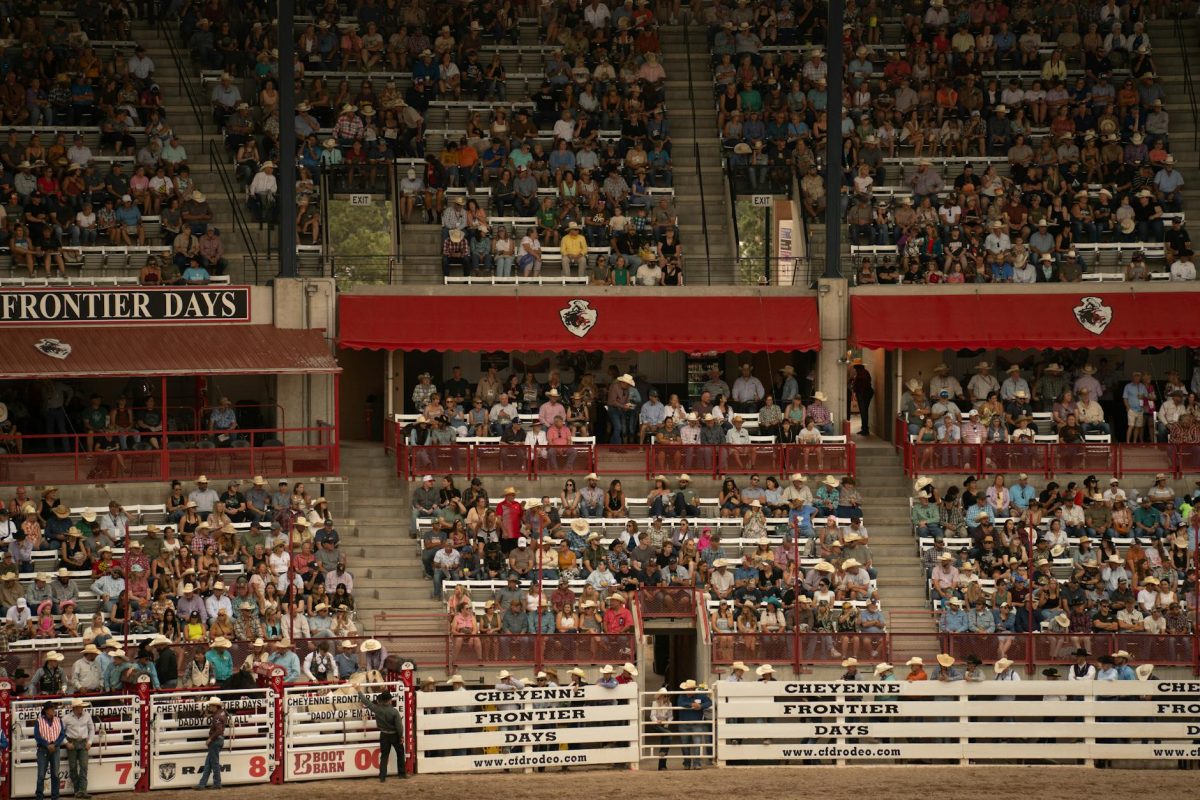Understanding the Cultural Significance of Cows
Cows hold a special place in various cultures around the world, playing a significant role in shaping human traditions and beliefs. These gentle animals have been revered, worshipped, and utilized for centuries, making them an integral part of society. From ancient civilizations to modern practices, the influence of cows on culture is undeniable. Let’s delve into the must-have insights on how these animals have impacted human traditions across different societies.
Sacred Status and Worship
In many cultures, cows are considered sacred beings and symbols of divinity. For example, in Hinduism, the cow is revered as a maternal figure and a symbol of the divine bounty of the Earth. Cows are worshipped during festivals like the popular “Gopashtami” and “Cow Protection Day.” The reverence for cows is also extended to their products, such as milk and ghee, which are used in religious rituals and ceremonies.
Culinary Traditions and Taboos
The relationship between cows and human culture extends to culinary traditions and taboos. In India, where cows are considered sacred, the consumption of beef is prohibited in many regions due to religious beliefs. The cow’s milk, ghee, and other dairy products hold a prominent place in Indian cuisine, forming the basis of a wide range of dishes and delicacies.
Economic Importance and Livelihood
Beyond their cultural and religious significance, cows also play a crucial role in the economic livelihood of many communities. In agricultural societies, cows are prized for their milk, meat, hides, and use in farming activities. The traditional practice of animal husbandry and cattle rearing has been a source of livelihood for generations, especially in rural areas where farming is a way of life.
Festivals and Celebrations
Cows are an integral part of numerous festivals and celebrations across different cultures. In regions like Switzerland, the annual “Cow Parade” is a popular event where elaborately decorated cows are paraded through the streets, showcasing the bond between humans and animals. In countries like Nepal, the “Gai Jatra” festival commemorates the deceased by parading cows through the streets to bring good luck and blessings.
Symbolism and Mythology
In mythologies and folklore, cows have often been portrayed as symbols of fertility, abundance, and prosperity. In ancient cultures like the Greeks and Egyptians, cows were associated with deities and goddesses representing aspects of nature and life. The symbolism of cows transcends geographical boundaries, with representations in art, literature, and rituals dating back centuries.
Environmental Impact and Conservation
In today’s world, the role of cows in culture extends to environmental sustainability and conservation efforts. With growing concerns about climate change and resource depletion, the impact of cattle farming on the environment has come under scrutiny. Initiatives promoting sustainable practices in animal husbandry and the ethical treatment of cows are gaining traction, highlighting the need to balance cultural traditions with modern challenges.
Conclusion
Cows have long been intertwined with human culture, influencing traditions, beliefs, and practices across the globe. From their sacred status in religious ceremonies to their economic importance in livelihoods, these animals continue to shape our societies in profound ways. Understanding the cultural significance of cows provides valuable insights into the rich tapestry of human history and the enduring bond between humans and animals. As we navigate the complexities of a changing world, cherishing and preserving these cultural connections remains essential for future generations.
